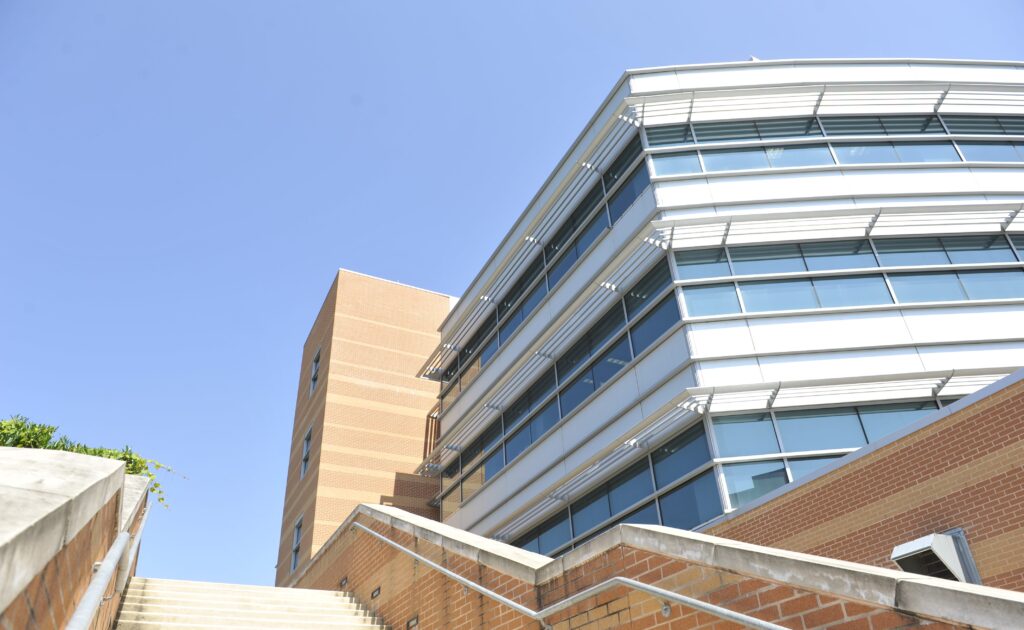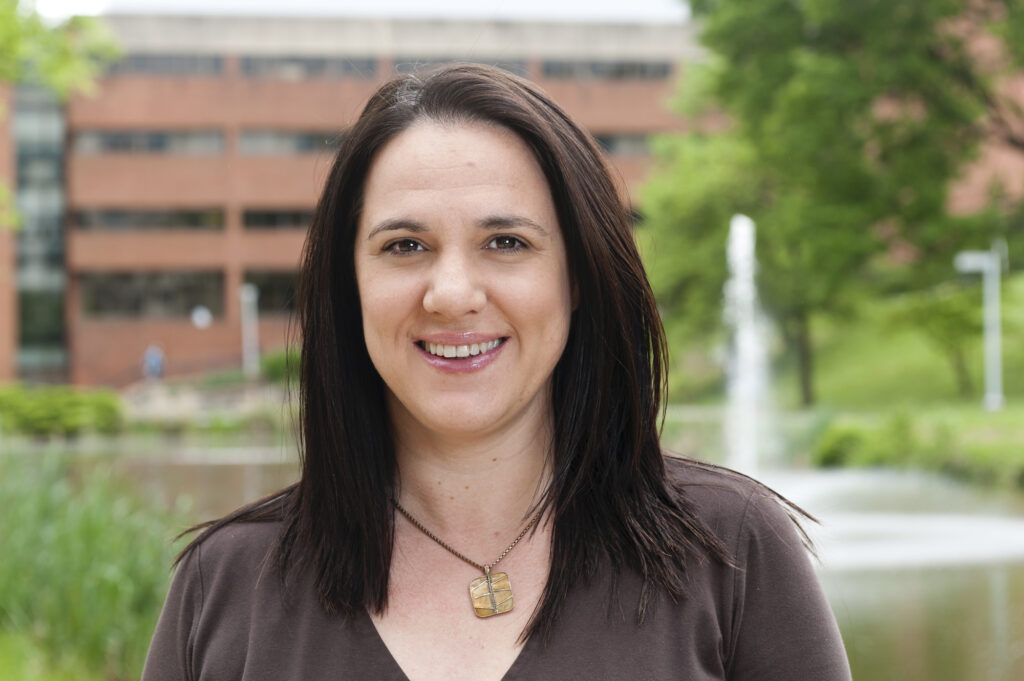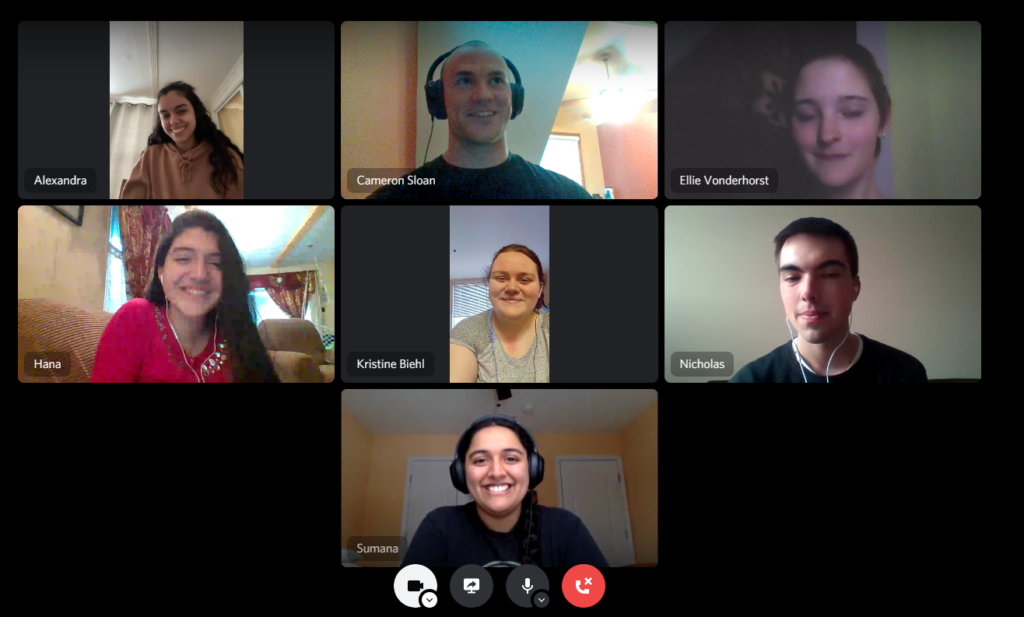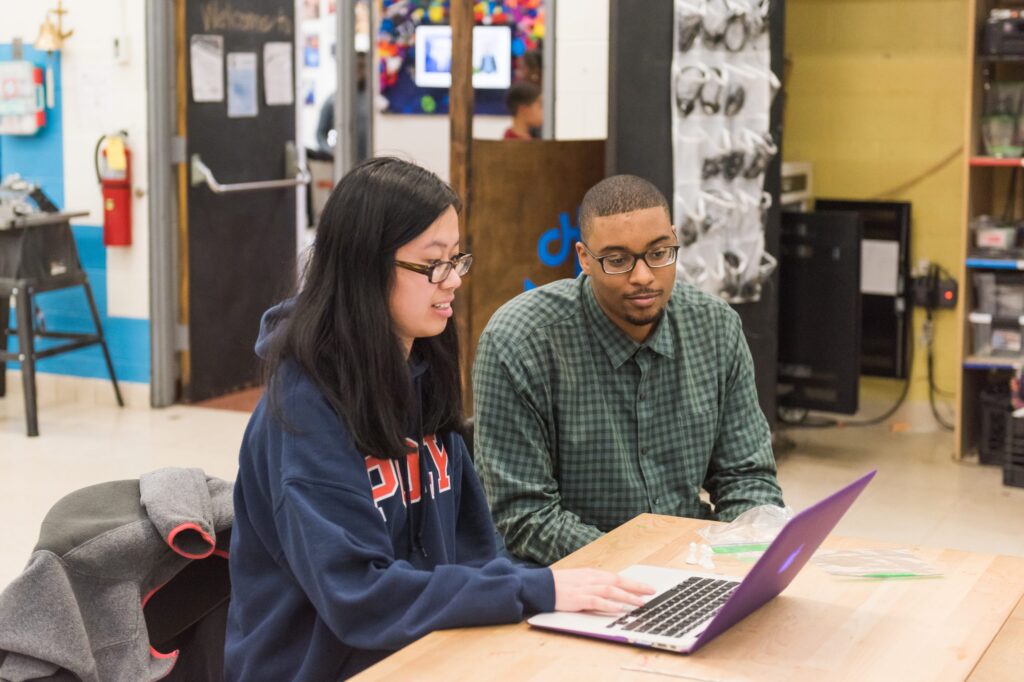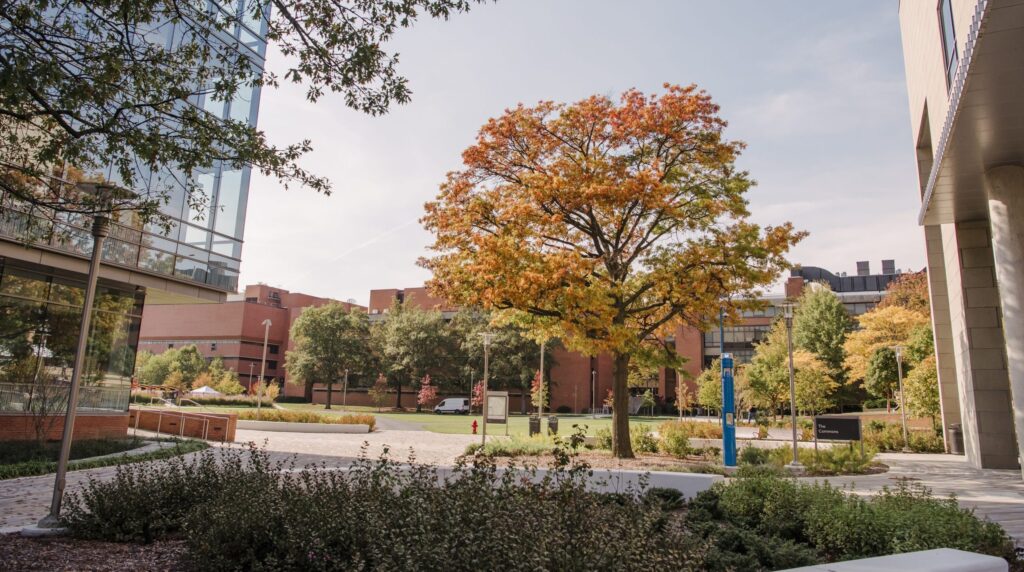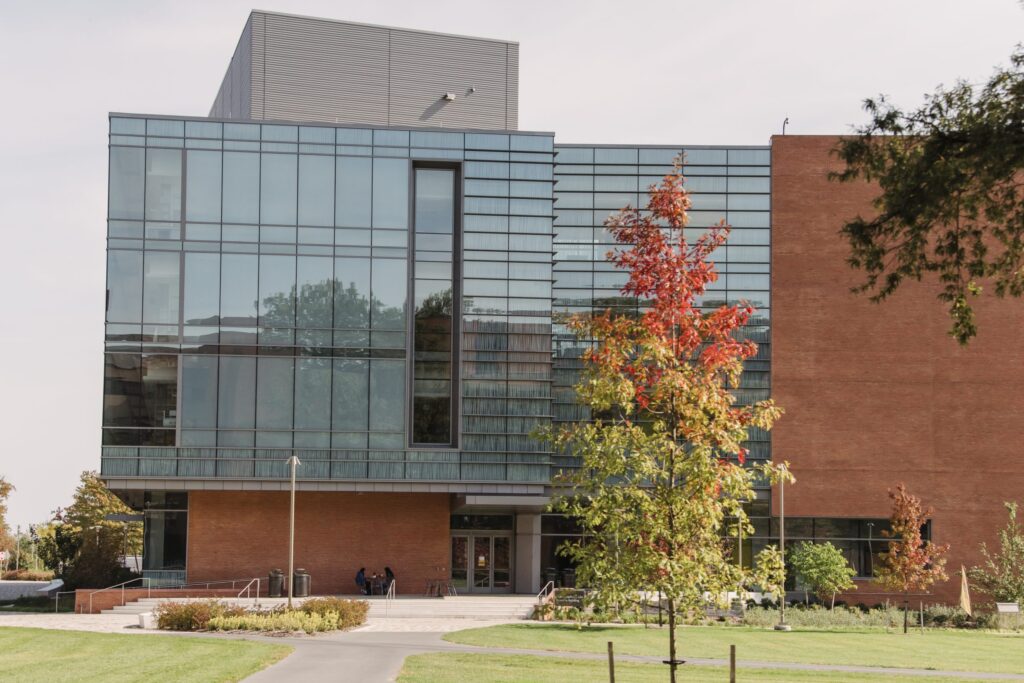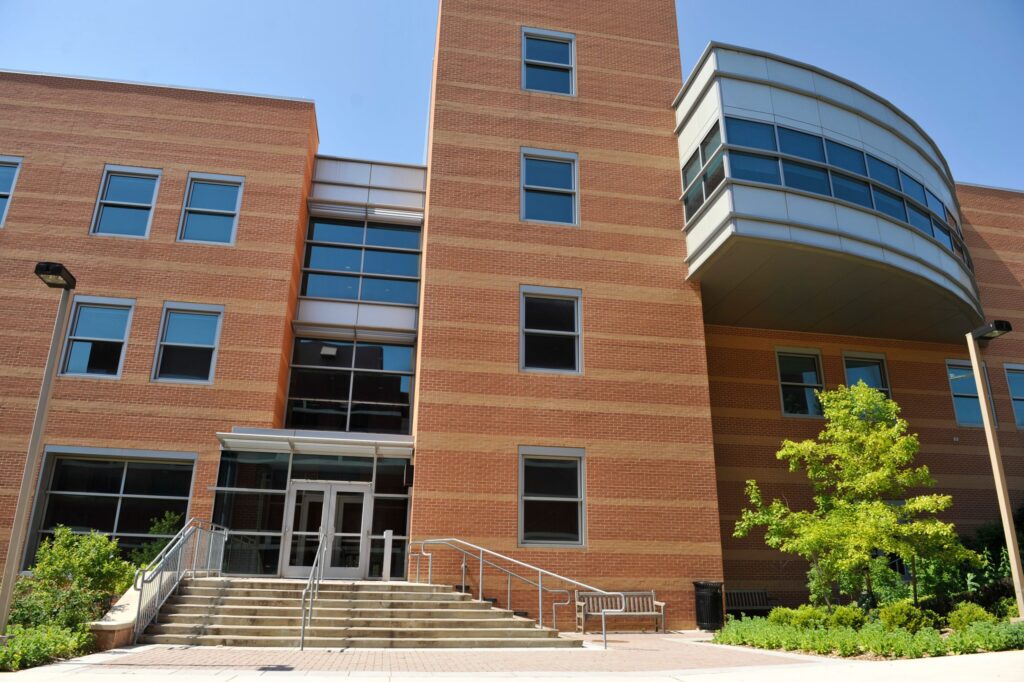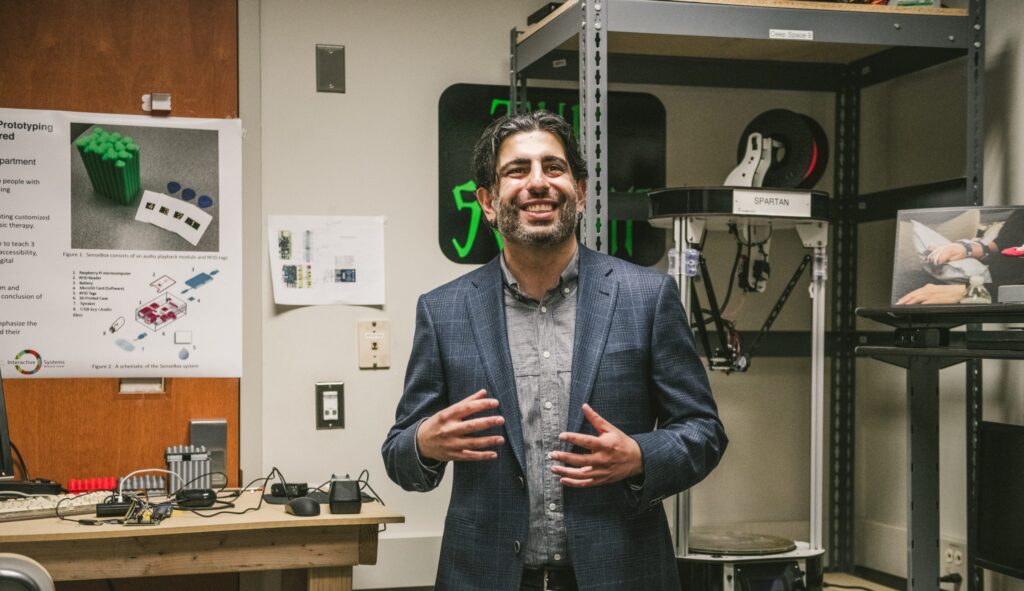UMBC researchers use AI to help businesses understand complex legal docs, like the Code of Federal Regulations
Businesses that work with the federal government must comply with the Code of Federal Regulations, a binding legal document. Its length and complexity cause challenges for many, so this automation process provides a way to improve understanding and accessibility, explains UMBC’s Karuna Joshi. Continue Reading UMBC researchers use AI to help businesses understand complex legal docs, like the Code of Federal Regulations

